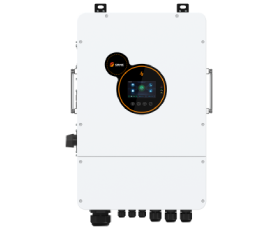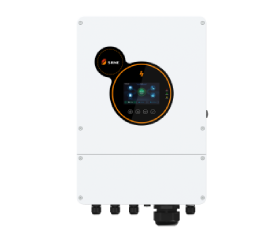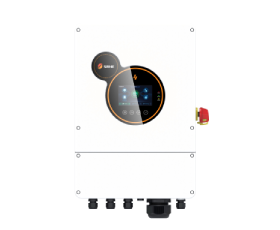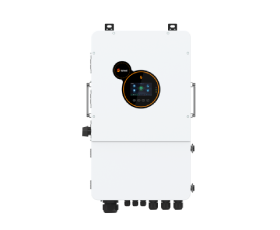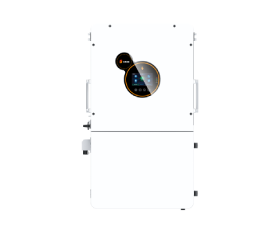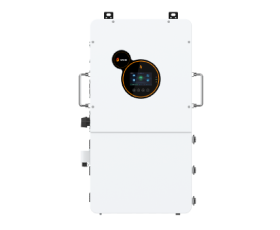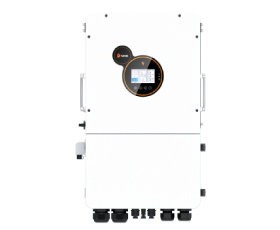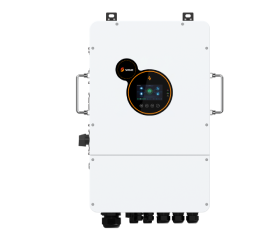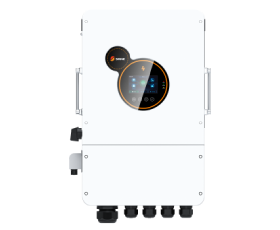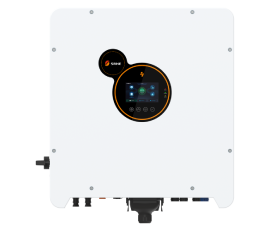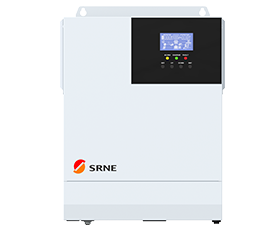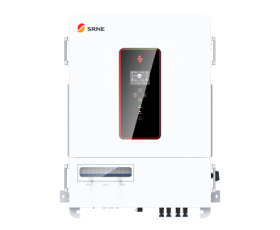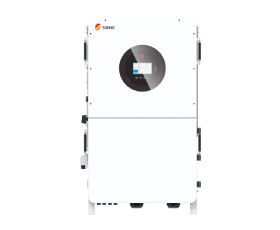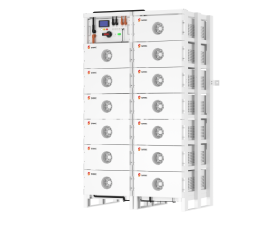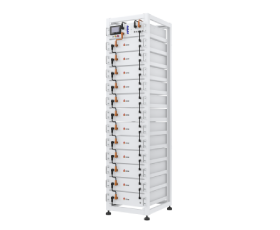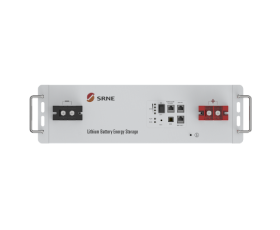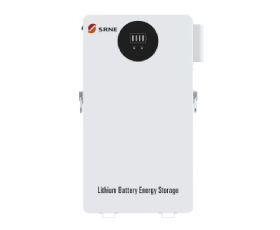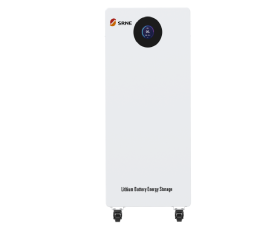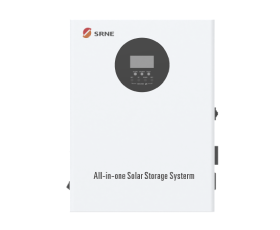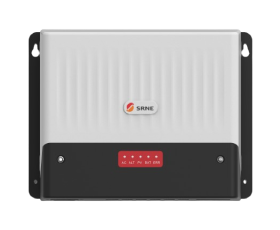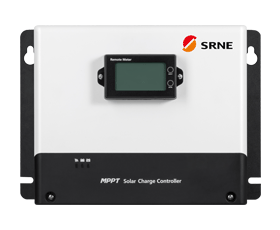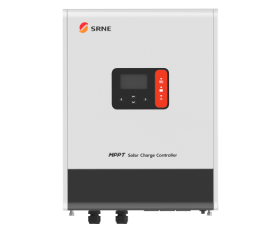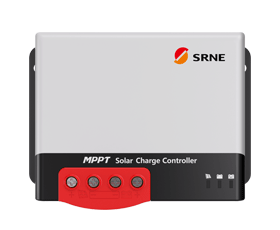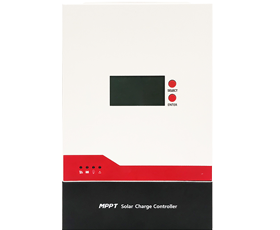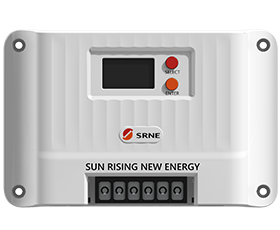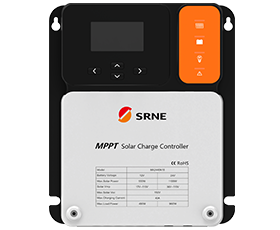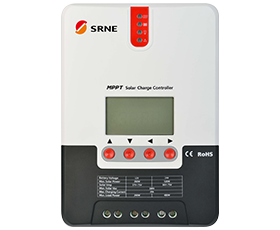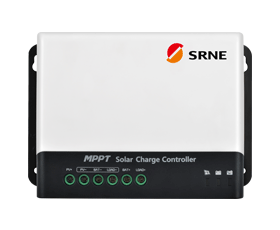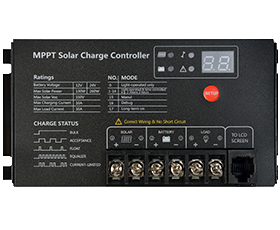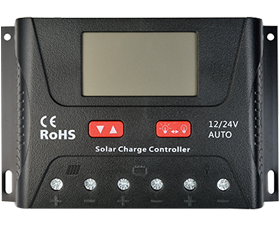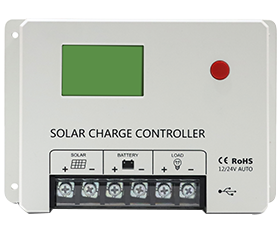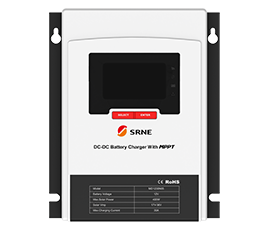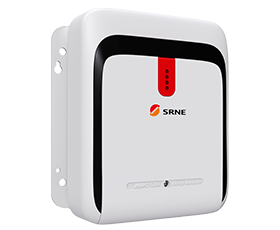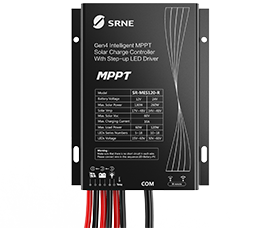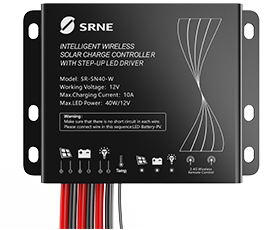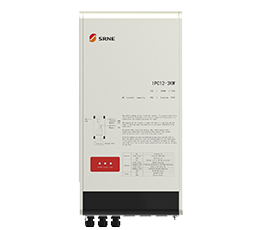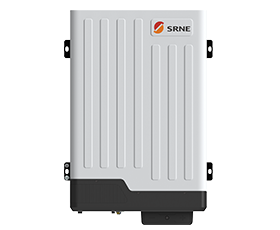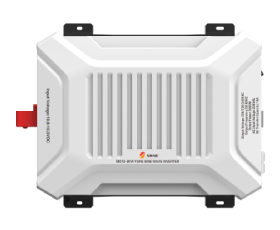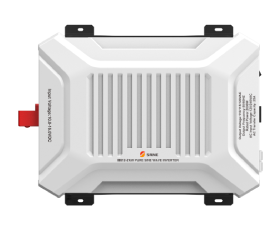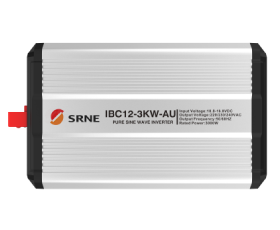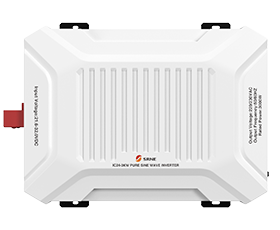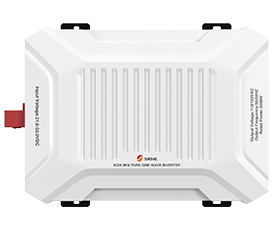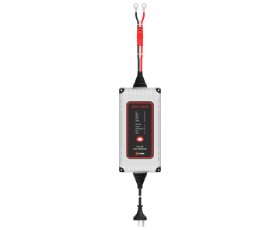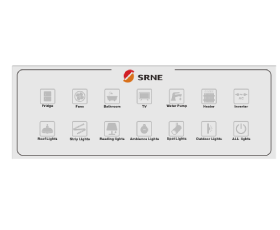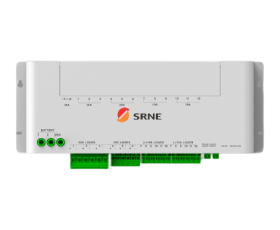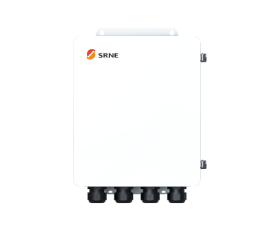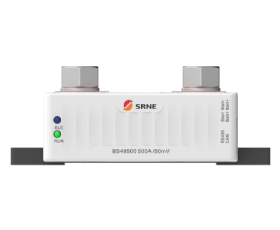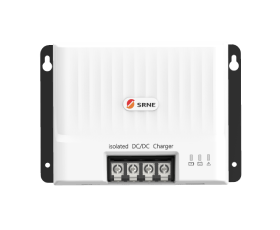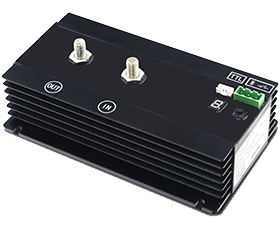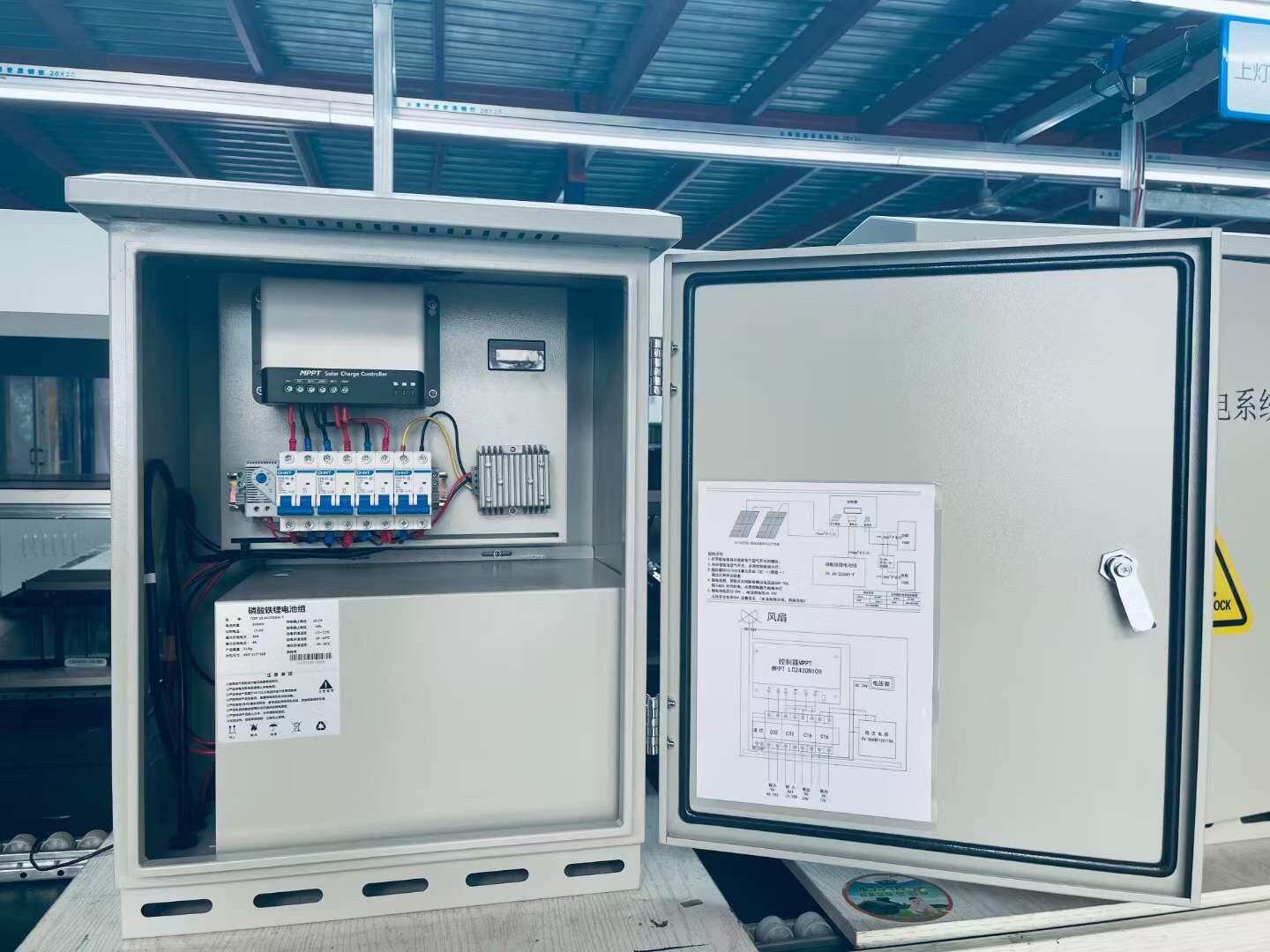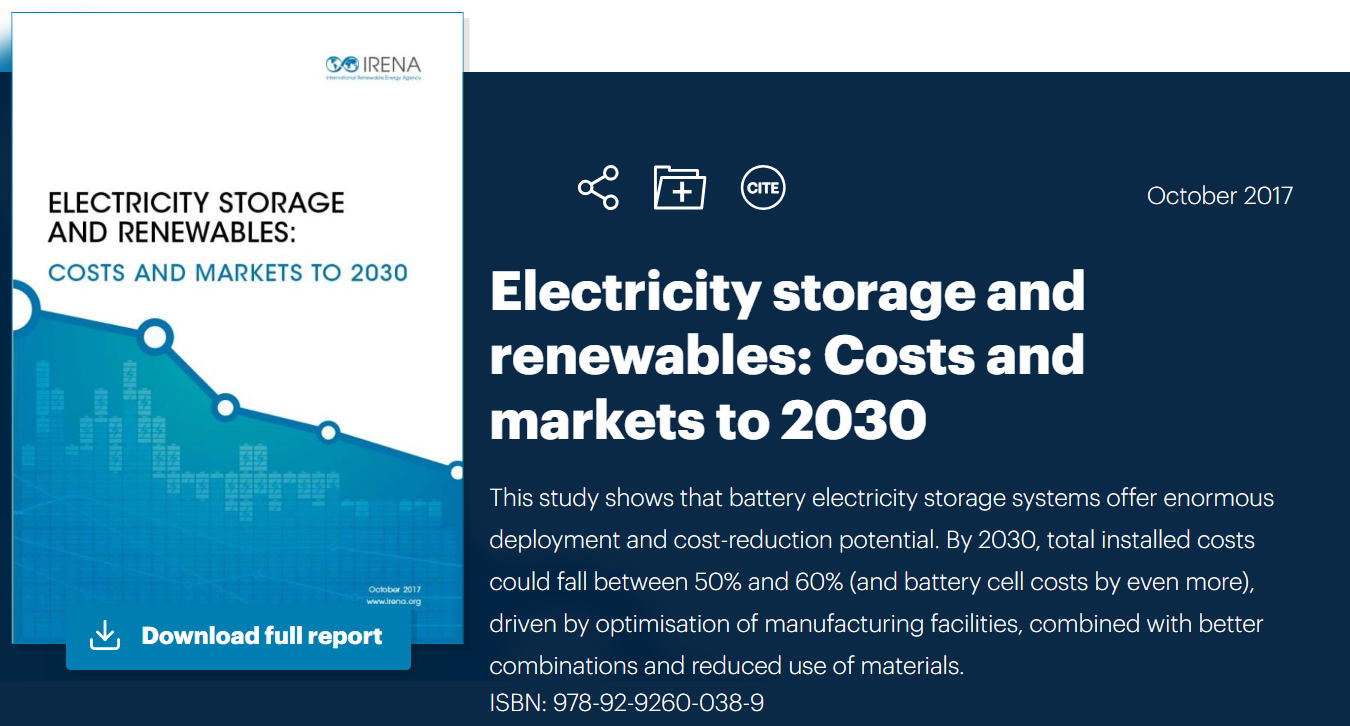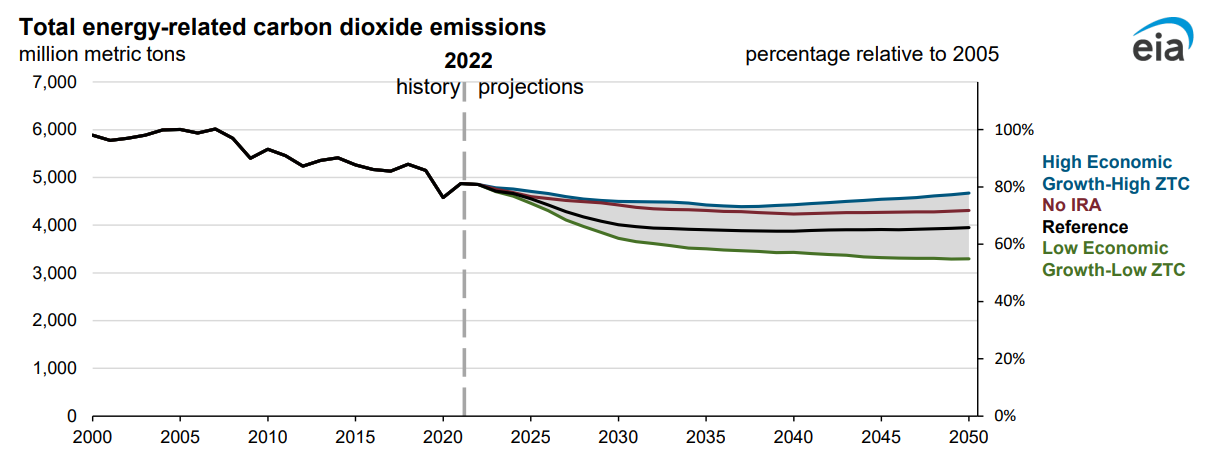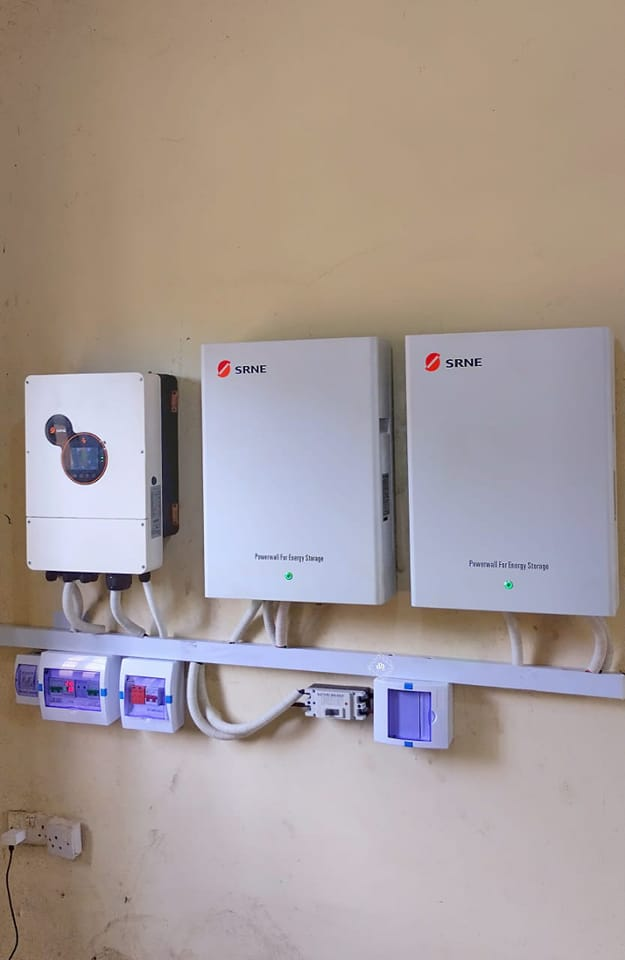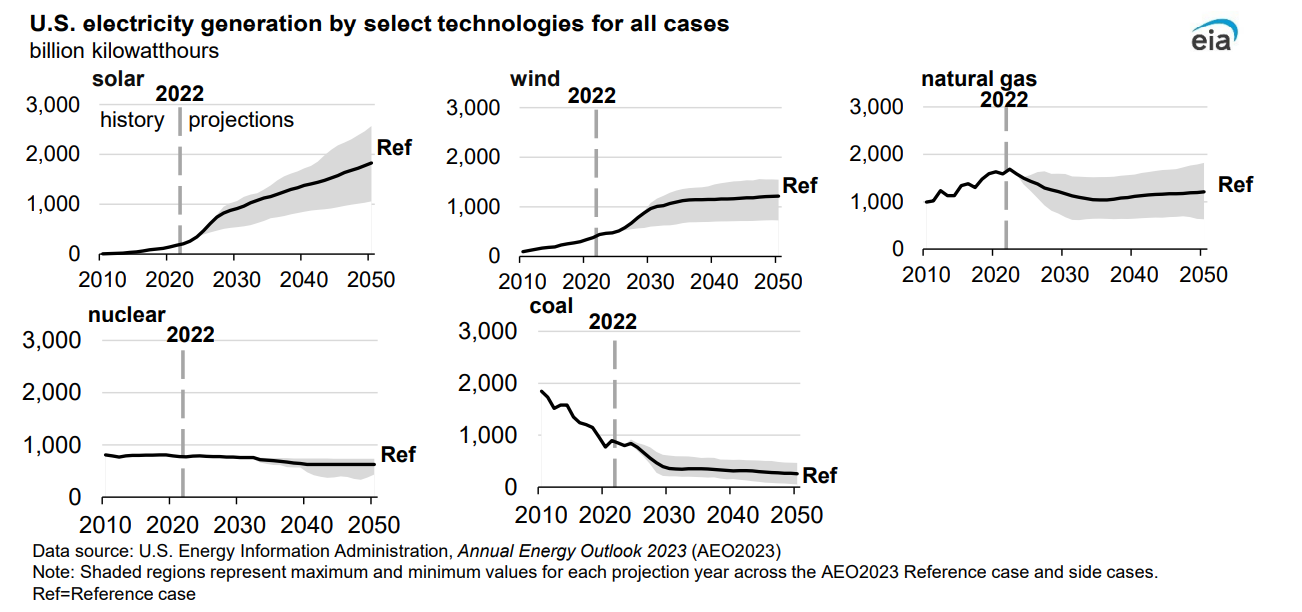Environmental Benefits of Home Battery Storage: How Residential Energy Systems Help the Planet
As the world seeks to improve energy efficiency while reducing environmental impact, the adoption of household battery storage has surged.SRNE residential energy storage systems offer an innovative approach to managing home energy consumption. These systems enable homes to store excess energy, particularly from solar energy, for later use, thereby reducing reliance on the grid and fossil fuels. With growing concerns about climate change and the depletion of natural resources, it is vital to understand the environmental benefits of these systems.SRNE explores how home battery storage systems can contribute to a sustainable future by reducing carbon footprints and promoting the use of solar energy.
Reducing Reliance on Fossil Fuels
One of the main environmental benefits of household battery storage is its ability to reduce dependence on fossil fuels. These storage systems can store excess solar power backup for home, providing renewable energy during peak demand hours. By harnessing solar energy during the day and using the stored power at night, homeowners can significantly reduce their reliance on coal and natural gas. This shift helps reduce the need for fossil fuels, which are a major contributor to greenhouse gas emissions and environmental degradation.
Supporting Data
· A report from the International Renewable Energy Agency (IRENA) indicates that increasing energy storage capacity can reduce fossil fuel use by up to 30% in regions heavily reliant on solar and wind energy.
· According to the U.S. Energy Information Administration (EIA), residential solar systems can meet a significant portion of electricity demand, especially when combined with effective energy storage solutions. Increased solar use has reduced carbon emissions by about 25 to 38 per cent since 2015.
Lowering Carbon Footprints
Home battery storage systems play a key role in reducing a home's carbon footprint. By utilising stored renewable energy instead of drawing energy from the grid, homeowners can reduce overall greenhouse gas emissions. Studies have shown that widespread adoption of residential energy storage systems can significantly reduce carbon emissions and contribute to global efforts to combat climate change. In addition to reducing dependence on fossil fuels and carbon footprints, residential energy storage systems contribute to a more sustainable future. By improving energy efficiency and conserving resources, these systems are in line with the global Sustainable Development Goals (SDGs). The long-term environmental benefits of adopting residential energy storage include reducing waste, minimizing resource depletion and ensuring energy security for future generations.
Promoting the Use of Renewable Energy Sources
Home battery storage systems encourage the adoption of renewable energy by making it more practical and convenient for homeowners. That's because the integration of battery storage with solar panels allows homeowners to maximize the use of clean energy and reduce their dependence on traditional power sources. And financial incentives and supportive policies further drive the adoption of solar and wind energy, contributing to a cleaner energy landscape.
Conclusion
Residential energy storage systems offer significant environmental benefits, including reducing dependence on fossil fuels, lowering carbon footprints, and promoting sustainable development.SRNE companies play a critical role in the transition to a clean energy future by enhancing grid stability, supporting renewable energy adoption, and contributing to global efforts to combat climate change. As technology advances and more homeowners adopt home battery storage systems, the potential for positive environmental impact continues to grow.The importance of SRNE's household battery storage as a key technology for efficiently storing solar energy and using it when needed cannot be overstated. For example, in the event of a power outage, stored solar energy can be used for basic household needs such as lighting and running appliances.



















